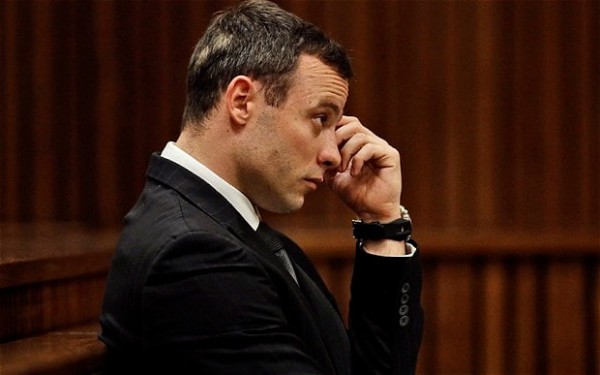
The legal test for leave to appeal was restated in Ho Estate v. Ho 2016 BCCA 253 , upheld at 2016 BCCA 378, where the decision of one appeal judge was upheld by a panel when he refused leave to appeal on the basis that there was no reasonable chance of success.
16 Orders of a judge of the Supreme Court may be appealed as of right unless they qualify as limited appeal orders. The definition of a limited appeal order is set out in R. 2.1 of the Court of Appeal Rules. This definition includes “an order granting or refusing relief for which provision is made under … Part 7” of the SCCR, other than R. 7-7(6). Maisonville J.’s order is clearly an order made under Part 7 of the SCCR and qualifies as a limited appeal order; therefore, leave to appeal is required.
17 The test for leave to appeal was set out by Madam Justice Saunders in Goldman, Sachs & Co. v. Sessions, 2000 BCCA 326 (B.C. C.A. [In Chambers]) at para. 10:
[10] The criteria for leave to appeal are well known. As stated in Power Consolidated (China) Pulp Inc. v. B.C. Resources Investment Corp. (1988), 19 C.P.C. (3d) 396 (C.A.) they include:
(1) whether the point on appeal is of significance to the practice;
(2) whether the point raised is of significance to the action itself;
(3) whether the appeal is prima facie meritorious or, on the other hand, whether it is frivolous; and
(4) whether the appeal will unduly hinder the progress of the action.
18 The party who is seeking leave to appeal bears the onus of establishing that these four conditions have been met: B.C.T.F. v. British Columbia (Attorney General), (1986), 4 B.C.L.R. (2d) 8 (B.C. C.A. [In Chambers]) at 11.
19 The merits threshold on an application for leave to appeal is relatively low: Bartram (Guardian ad litem of) v. Glaxosmithkline Inc., 2011 BCCA 539 (B.C. C.A. [In Chambers]) at para. 16 (Prowse J.A. in Chambers). However, an appeal that is vexatious, frivolous, or has no reasonable chance of success will not meet this threshold: Gichuru v. Law Society (British Columbia), 2012 BCCA 159 (B.C. C.A. [In Chambers]) at para. 22 (Bennett J.A. in Chambers), aff’d 2012 BCCA 171 (B.C. C.A.).
20 The overarching concern on an application for leave is the interests of justice: Hanlon v. Nanaimo (Regional District), 2007 BCCA 538 (B.C. C.A. [In Chambers]) at para. 2 (Saunders J.A. in Chambers). Even if the applicant has satisfied the four conditions from Power Consolidated (China) Pulp Inc. v. British Columbia Resources Investment Corp. [1988 CarswellBC 615 (B.C. C.A.)], leave may be denied if granting leave is not in the interests of justice: Movassaghi v. Aghtai, 2010 BCCA 175 (B.C. C.A. [In Chambers]) at para. 27 (D. Smith J.A. in Chambers).




